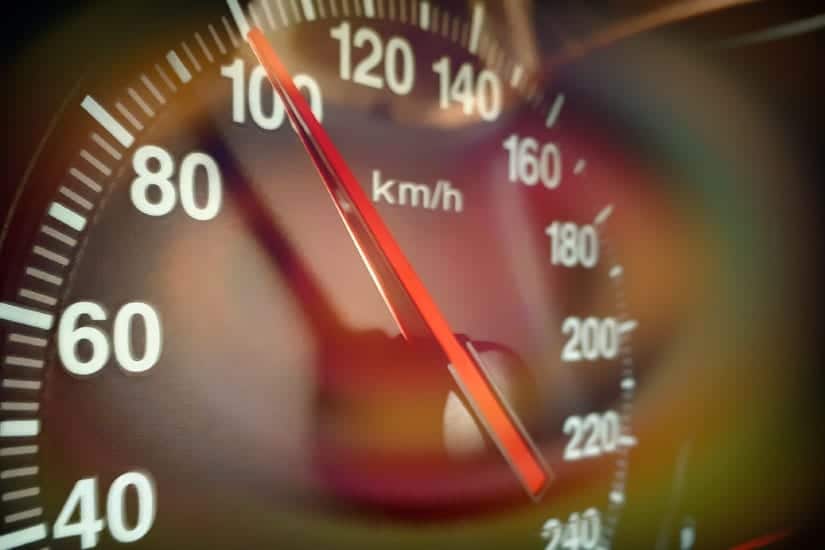You’d think fewer cars would necessarily mean safer roads, but the reality is a bit more complicated.

With many states still experiencing stay-at-home orders, you might think that fewer people out driving would mean safer roads, but in reality the current highway-safety picture is a little bit more complex. While Virginia is indeed seeing a coronavirus-related decline in both overall traffic volume and car accidents on its roadways, traffic-related fatality rates in the state are actually holding steady, and the number of deaths per miles driven nationwide is up.
It seems that emptier-than-usual roads have been tempting some people to drive faster than they would normally, which has led to a spike in the number of speed-related fatal crashes. As you might assume, high-speed car crashes are deadlier than accidents at lower speeds, and authorities are reporting an increase in dangerous speeding on roadways. For example, on one Saturday night last month eight drivers were cited by Virginia State Police troopers for going more than 100 miles per hour. One operator was driving his vehicle an astounding 124 mph down I-95 in Fairfax County! Those speeds aren’t safe under any circumstances.
What seems to be happening is that drivers, faced with stretches of open road that are normally more congested, are feeling a false sense of safety on an empty road, and are putting the pedal to the metal. What these drivers don’t recognize is that the vehicles parked in our driveways are not race cars built to travel at such high speeds, and everyday drivers do not have the driving skills to reliably control a vehicle that is travelling very fast.
We all know that it’s not a good idea to speed when we are driving, but it’s something worth being reminded of. The National Safety Council recently put out a blunt warning about the dangers of excessive speed behind the wheel, saying “Our emptier roads have become more lethal. Despite less traffic, the fatality rate per miles driven jumped 14% in March.” This means that per miles travelled, our roads are actually less safe now than they were pre-coronavirus.
So while it may be tempting to drive fast when you see an empty roadway stretching out in front of you, all of us here at Burnett & Williams hope that you’ll think twice and decide to obey the speed limit. Staying safe and avoiding a bad car accident and injury is worth it!